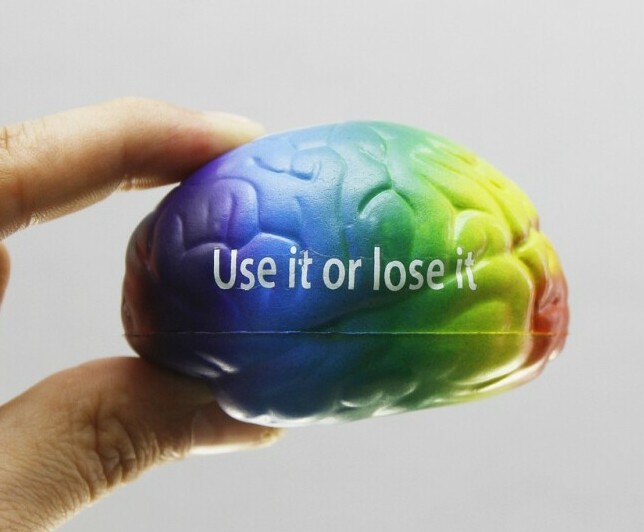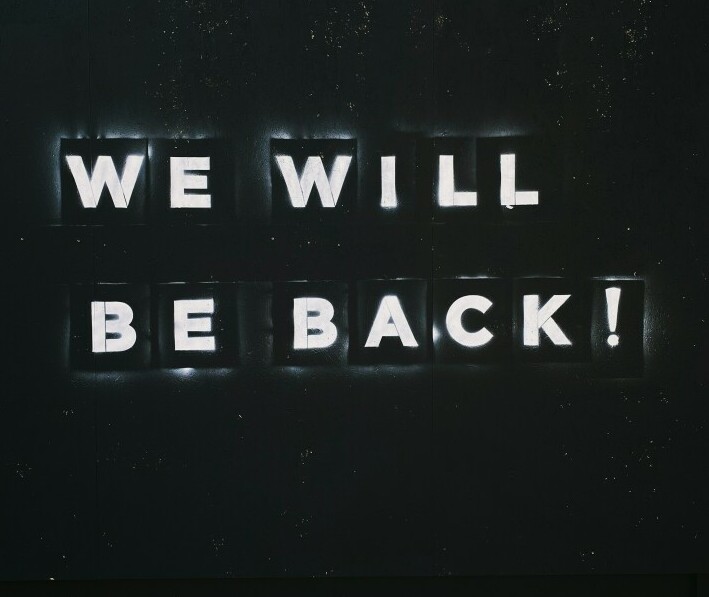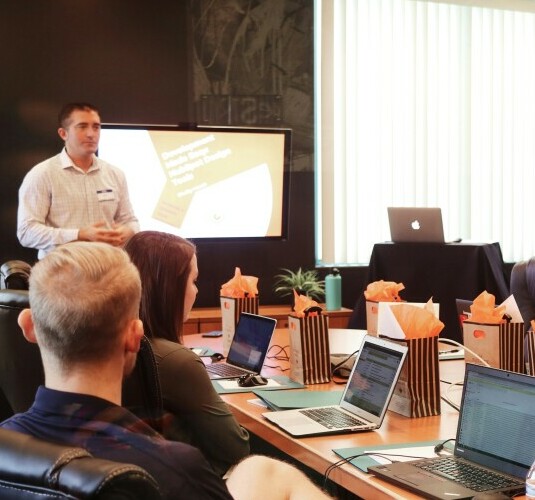 I’m going to break down resilience, because it’s a term you’ve likely heard tossed around quite a bit. It’s commonly described as the capacity to recover from difficulties, a kind of mental fortitude that lets you face challenges head-on and come out the other side intact, or even stronger. But this isn’t just about having an iron will; it’s about understanding yourself and the world around you in a way that fosters strength and flexibility.
I’m going to break down resilience, because it’s a term you’ve likely heard tossed around quite a bit. It’s commonly described as the capacity to recover from difficulties, a kind of mental fortitude that lets you face challenges head-on and come out the other side intact, or even stronger. But this isn’t just about having an iron will; it’s about understanding yourself and the world around you in a way that fosters strength and flexibility.
Resilience is crucial for both your mental health and your overall well-being. It’s the buffer against depression, anxiety, and other mental health challenges.
Without resilience, every setback can feel insurmountable, but with it, the same setbacks become manageable, even surmountable.
You’re going to find out about how there are some common misbeliefs surrounding resilience. It’s not a superhuman quality found in a rare few. Nor is it about enduring hardship with a stoic silence. Resilience is dynamic; it’s about how you interact with your challenges, how adaptable you are and, most importantly, how you choose to recover.
And so, this moves us into a deeper conversation about the psychology behind resilience. That’s going to include theories from psychology that help explain why some people seem to naturally bounce back while others struggle, and how resilience can actually be a learned and cultivated trait.
The Psychology Behind Resilience: How We Bounce Back
You’re going to find out about the psychological underpinnings that make some people seem like they can handle anything. Resilience isn’t a magical quality; it’s deeply rooted in our psychology.
 In my opinion, understanding the science behind resilience can be a game-changer. It’s not something you’re born with; it’s something you can develop, like a muscle. Research shows that our brains can adapt and change with the right practices – a concept known as neuroplasticity.
In my opinion, understanding the science behind resilience can be a game-changer. It’s not something you’re born with; it’s something you can develop, like a muscle. Research shows that our brains can adapt and change with the right practices – a concept known as neuroplasticity.
If you’re curious about how to train your brain for better resilience, consider the role of mindset. Psychologists talk about a ‘growth mindset,’ which is the belief that your abilities can improve over time. Embrace challenges, learn from criticism, and persist in the face of setbacks.
You can always adjust your approach down the road, but knowing the strategies that strengthen resilience gives you a head start. Mindfulness practices, positive relationships, and being proactive about stress management can set the stage for better resilience. And don’t worry too much about setbacks; they’re often the best teachers.

So, resilience isn’t just about riding out the storm; it involves learning to sail in rough waters. Once you embrace that concept, you’ll start noticing improvements in how you handle life’s challenges.
Strategies for Cultivating Resilience in Your Life
Building resilience isn’t about avoiding challenges but learning how to tackle them head-on. I’m going to share some actionable strategies that you can incorporate into everyday life to strengthen your resilience muscles.

Don’t underestimate the power of a solid support network. Having people who offer encouragement and perspective can make a huge difference. If you’re feeling stuck, remember that seeking help is a sign of strength, not weakness. Choose something that resonates with you, whether that’s confiding in friends, joining a community group, or speaking with a professional.

Let’s talk emotional intelligence. This isn’t just about being aware of your feelings; it’s also about understanding and managing them. You can build emotional intelligence by practicing empathy, both for others and for yourself. When facing setbacks, try to view the situation through a compassionate lens. It’s okay if things aren’t perfect – remember, you can always adjust your approach down the road.
Here’s an insight: mindfulness isn’t just a buzzword. It’s a valuable tool for resilience. By staying present and engaged with the here and now, you’ll be less likely to be overwhelmed by worries about the future or regrets about the past. Start a mindfulness practice by setting aside a few minutes each day for meditation or mindful breathing.
Self-care is crucial. It’s not all spa days and bubble baths—though those can be great! Real self-care might involve setting boundaries, saying no when you’re overwhelmed, or prioritizing tasks to alleviate stress. Make sure to carve out time for activities that bring you joy and relaxation.
Real-World Resilience: Stories of Overcoming Challenges
I’m going to wrap up our discussion about resilience with some real-world inspiration. You’re going to find out about people who’ve faced and overcome incredible challenges. This isn’t just about their triumphs, it’s also about what we can learn from their journeys.
Take for instance, the stories of individuals who’ve faced critical illness, devastating loss, or extreme adversity. Each story not only demonstrates their tenacity but also the vital role of support systems that helped them navigate through their darkest times. You can see resilience isn’t a solo endeavor, it’s a collective one.
In my opinion, community and societal support can make a huge difference. Structures like accessible healthcare, supportive work environments, and strong social networks can be as crucial as personal determination in the process of bouncing back.

And remember, your own story of resilience might be an inspiration to someone else. Your lived experiences, the challenges you’ve overcome, and the strategies that worked for you could provide that glimmer of hope that someone needs to keep pushing forward.
I really hope that this article has equipped you with both the understanding of what resilience is and the practical means to foster it in your own life. Choose a strategy that resonates with you, and don’t worry too much about figuring it all out at once. You can always adjust your approach down the road.

If you’ve been inspired by the stories shared or if you’ve got a tale of resilience of your own, I’d love to hear about it. Share your thoughts and experiences, as they enrich the narrative and offer real-life context that could be just what someone else needs to hear. Thank you for joining me on this exploration of resilience, and I hope to cross paths with your story someday.
